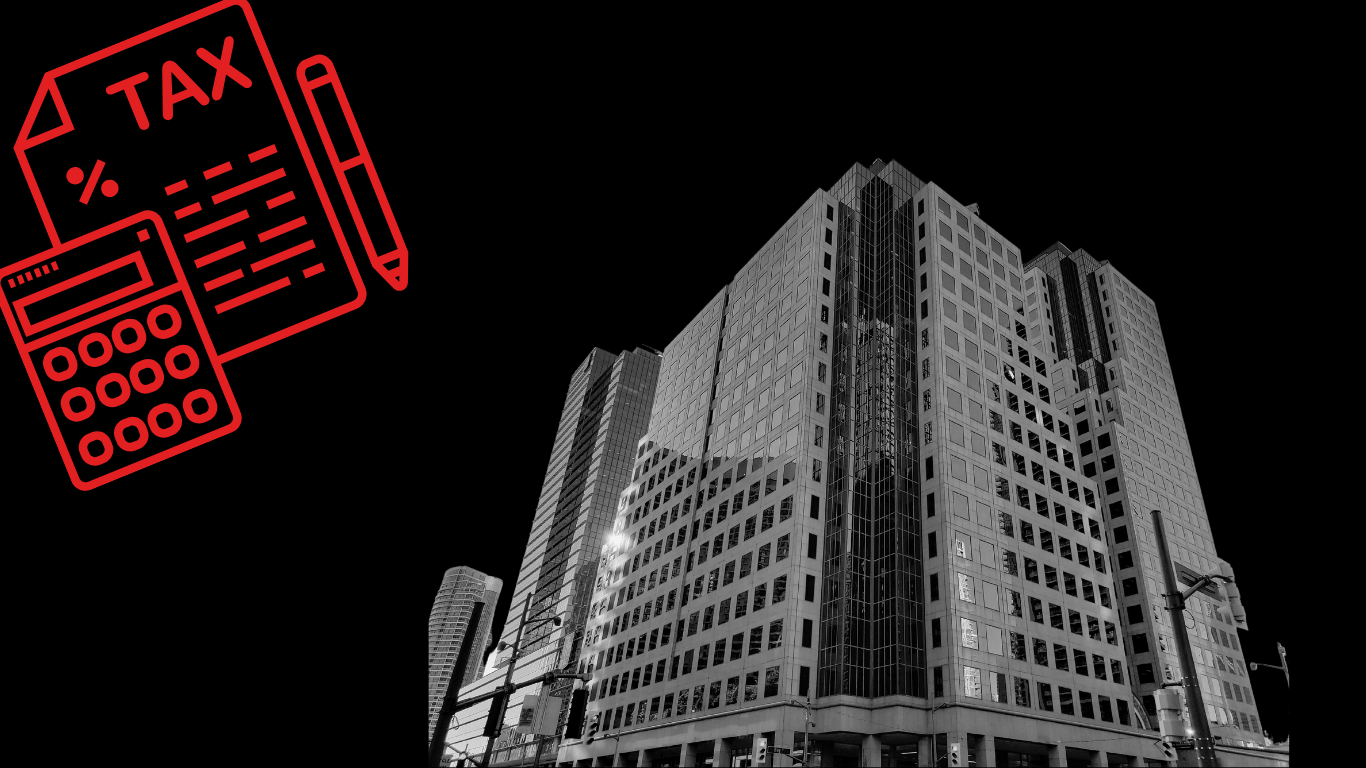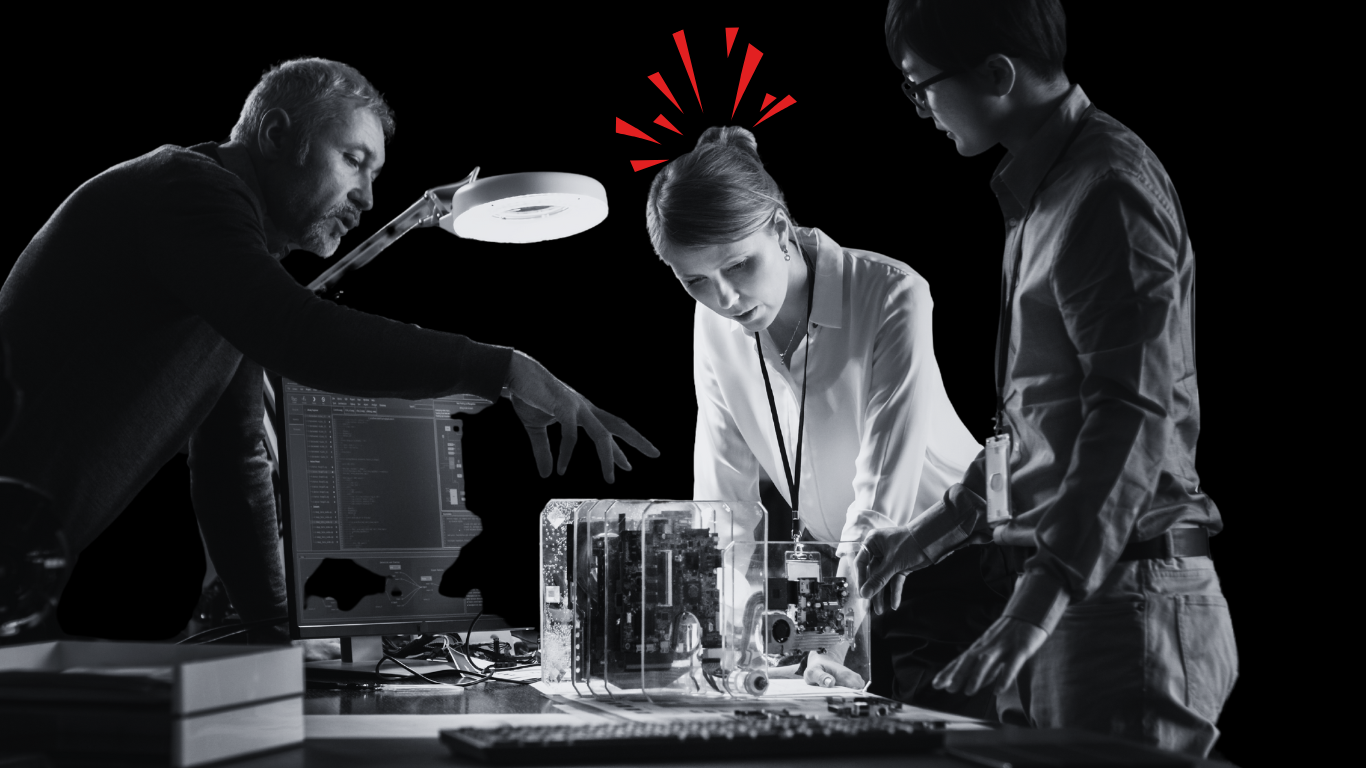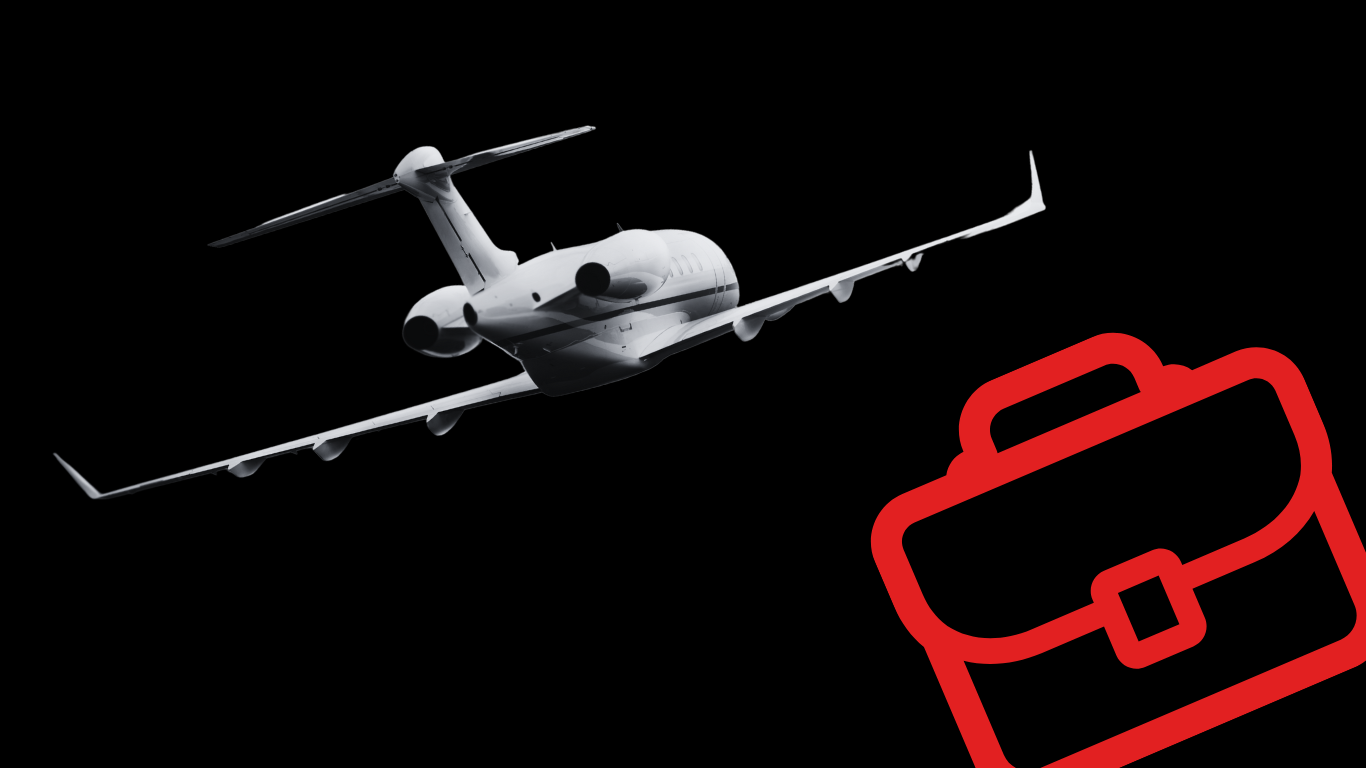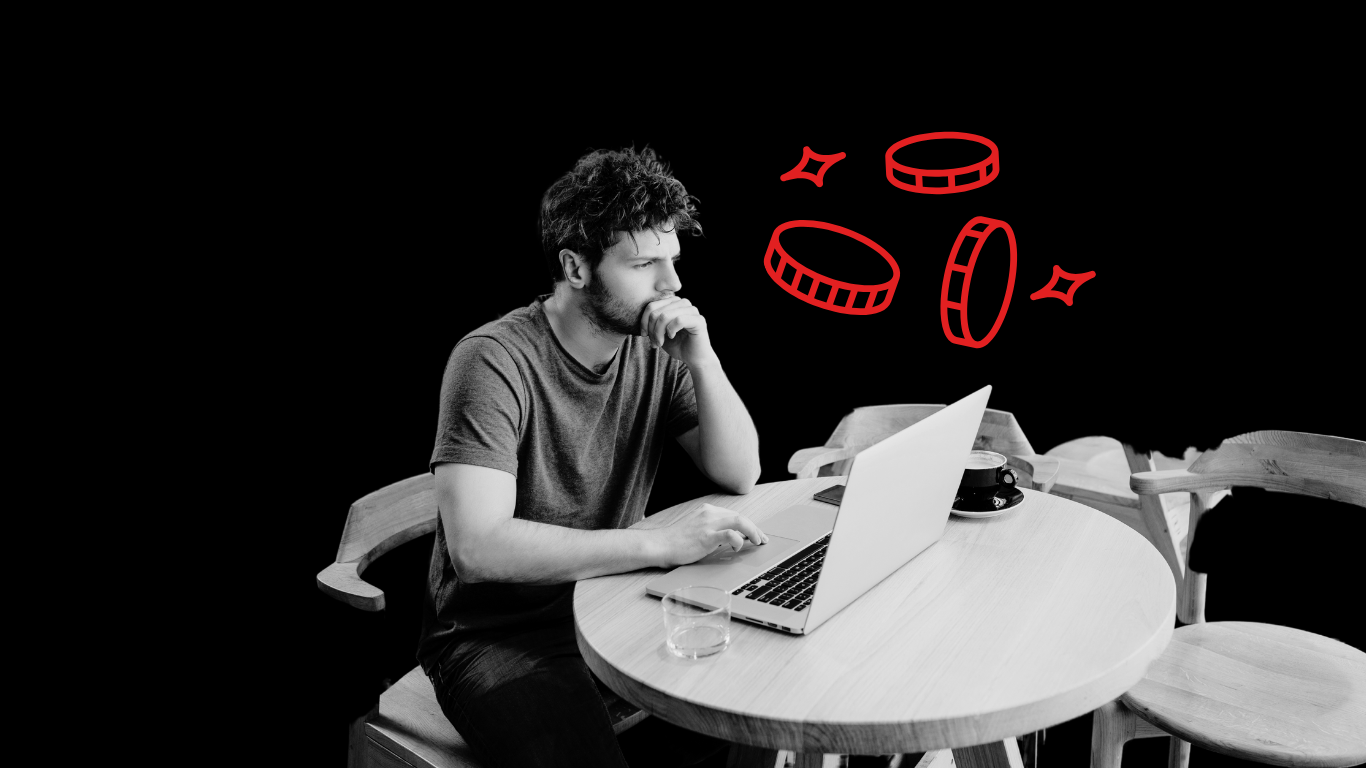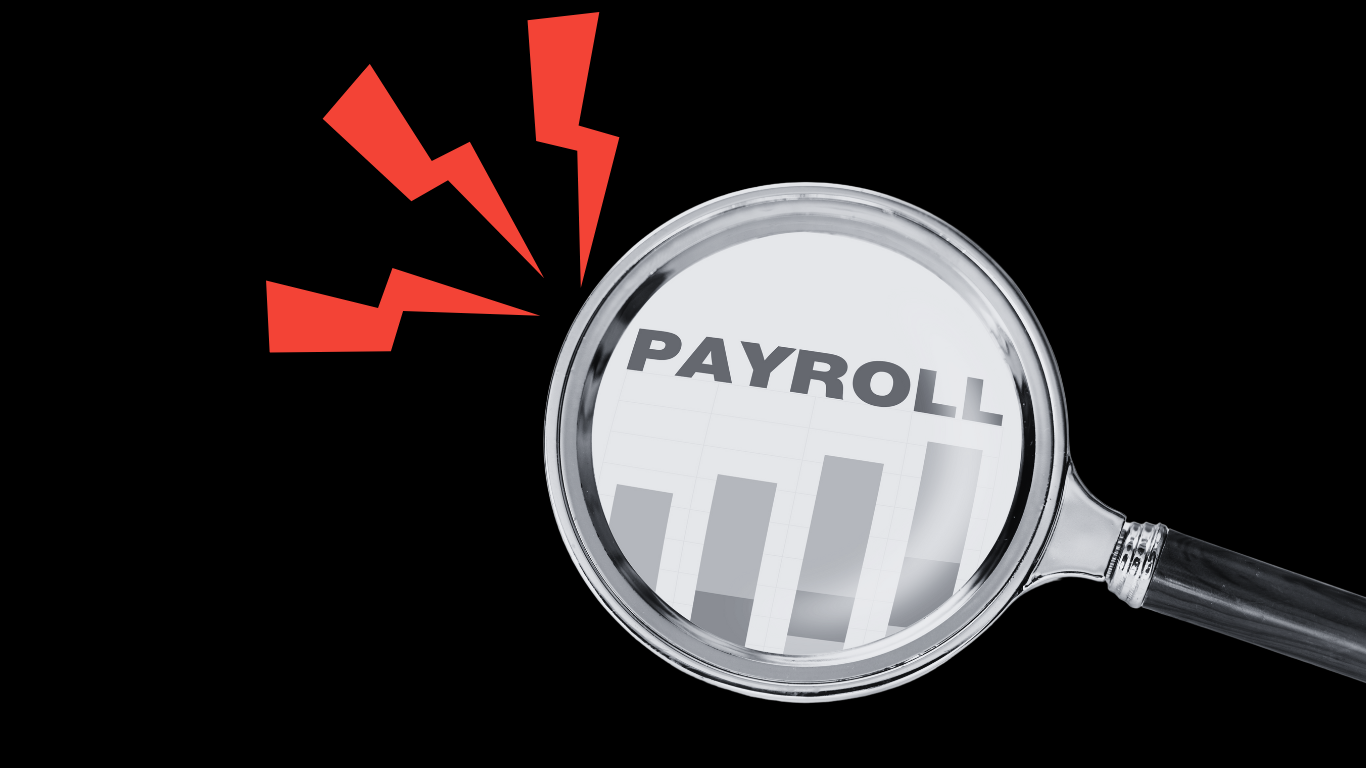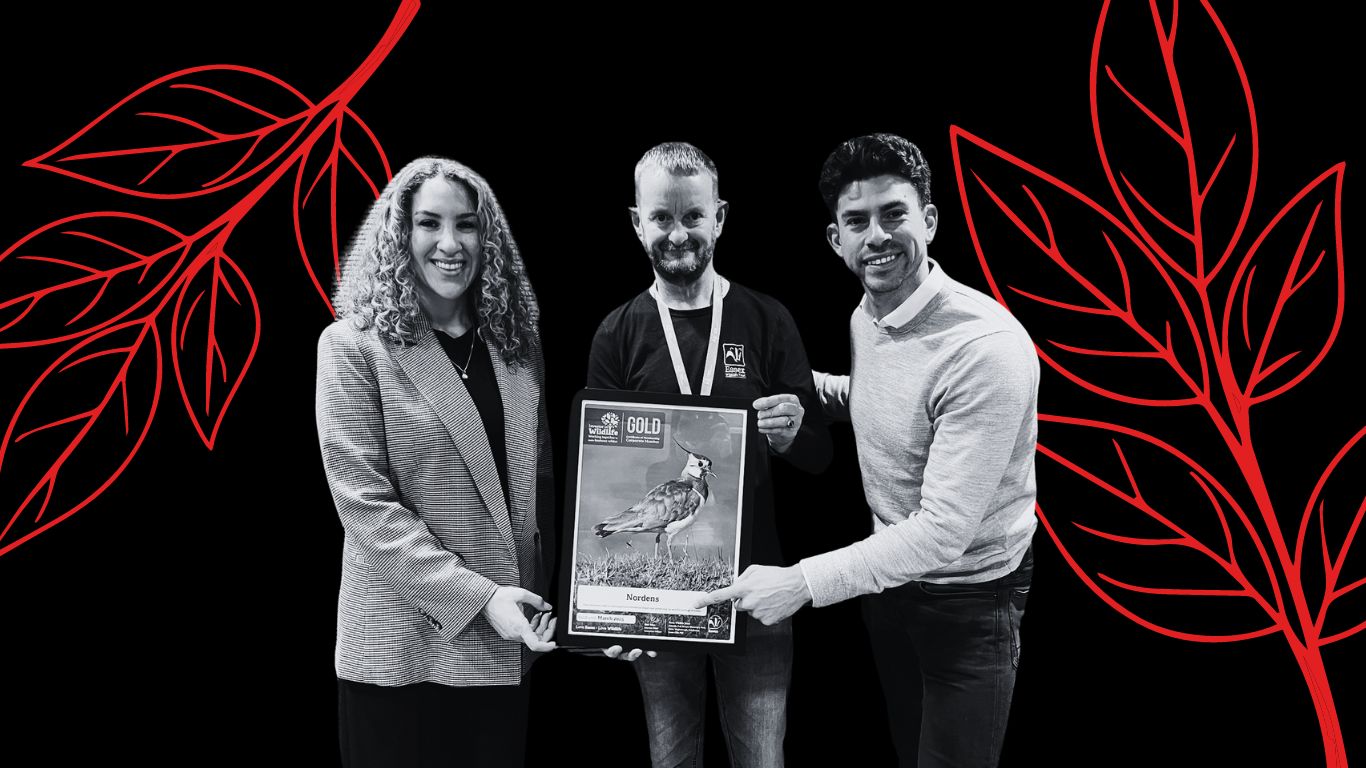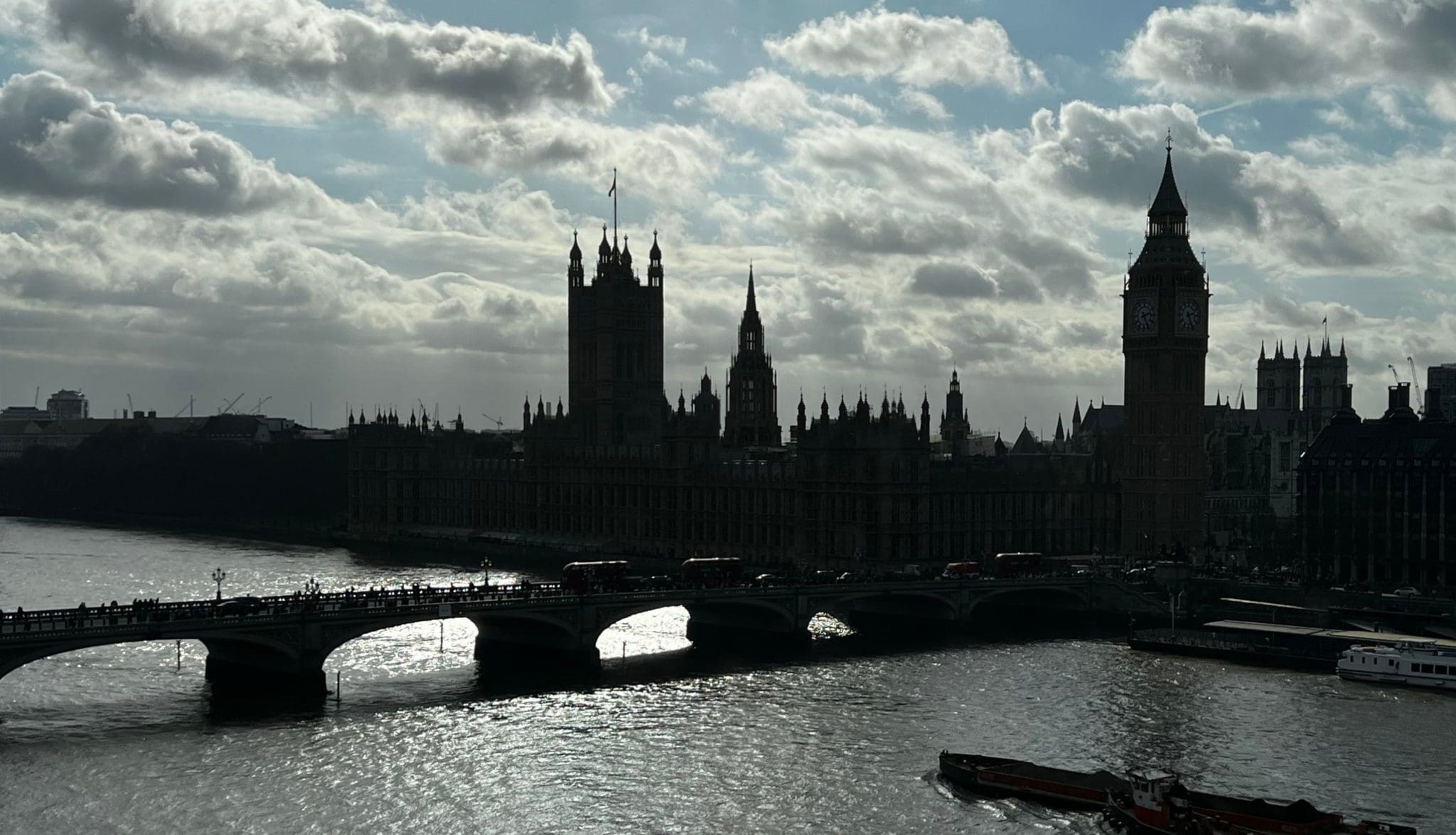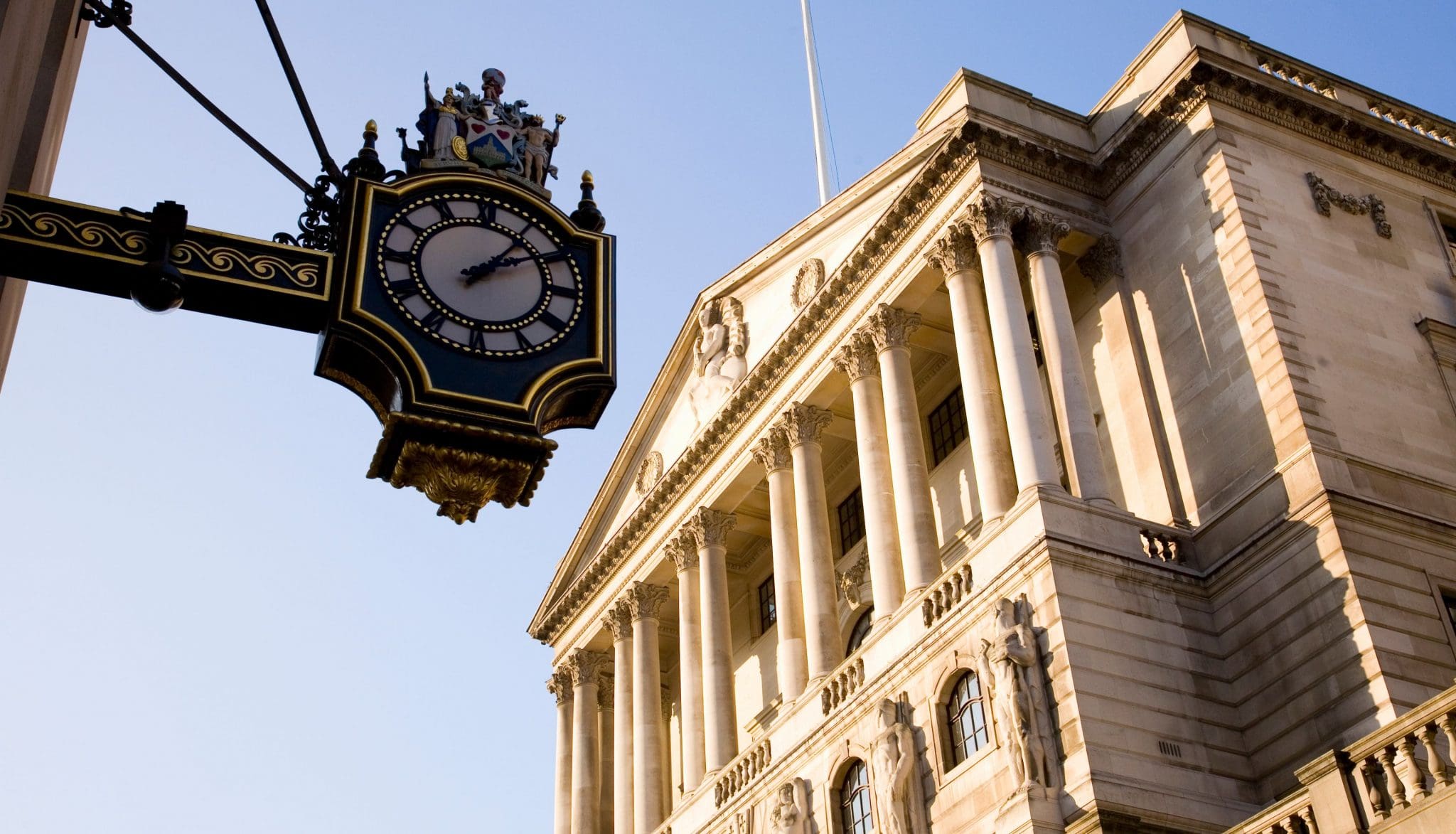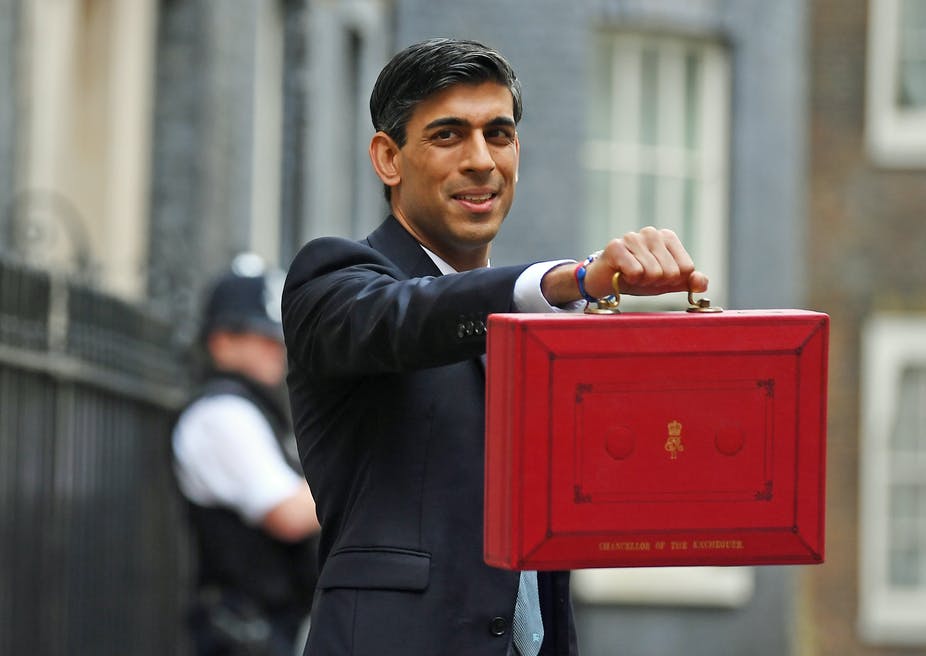This week’s Sunday Times article by our favourite journalist, Luke Johnson, reviews creativity in thinking and the disruption caused by successful businesspeople.
Here’s Luke Johnson’s article…
Entrepreneurs are the anarchists of the business world. Their mission is to overthrow the existing order. They can succeed because markets are essentially chaotic, which creates endless opportunities for interlopers to challenge the norm.
Trade, technology and changing behaviour mean that societies are increasingly dynamic. Established organisations are constantly trying to maintain the status quo, but they are almost always doomed to decline. Many industries are essentially burning platforms, but their leaders are in denial about the threats.
In many walks of life — politics, the public services, the professions and so forth — a belief in hierarchy, certainty and risk-aversion dominates. Entrepreneurship is the antithesis of this. To start a business, launch new products or enter fresh markets requires the ability to embrace insecurity in an attempt to forge the future.
Corporatism encourages people to think that change can be resisted. Managers and investors believe too much in plans and budgets, and assume they can anticipate problems. This desperation for safety makes them more vulnerable. Increasing regulation and bureaucracy just make organisations less adaptable and, like insurance, can foster complacency and moral hazard.
Economists mostly struggle to comprehend entrepreneurs and their impacts because they try to analyse them using the usual academic tools. The very nature of entrepreneurship is that it is unpredictable and hard to categorise, yet without it there would be no enterprises to generate wealth, taxes and jobs.
One reason why entrepreneurs can outperform large companies, despite having far fewer resources, is that creativity flourishes better inside small, hungry companies — before they become cumbersome and suffocated by office politics and red tape.
Invention thrives outside rigid structures and cautious environments, yet these are the hallmarks of big organisations. Corporates prize consensus over originality; they believe in endless compromise rather than anything radical.
I celebrate the essence of entrepreneurship because it cannot be pigeon-holed. As Patrick McGoohan, playing No 6 in the fabulous TV series The Prisoner, says: “I will not be pushed, filed, stamped, indexed, briefed, debriefed or numbered. My life is my own.” Every entrepreneur is a disruptor and a libertarian — even if they might not describe themselves as such.
Many of the finest entrepreneurs I’ve partnered have been fierce contrarians, happy to stand against the crowd, resisting the groupthink that so corrodes institutions from within. Peer pressure can be a powerful impulse, be it in a boardroom, lecture theatre or pub. Working on your own, or at least outside big entities, permits revolutionary ideas to foment — ideas that would be killed at birth inside the cosy corporate womb.
Capitalism succeeds because millions of people want to control their destinies and enjoy the freedom of running their own businesses. In every nation, if the state sets a sensible framework and gets out of the way, the animal spirits of armies of entrepreneurs will be unleashed, to the betterment of all.
Socialists such as Jeremy Corbyn fail to see that more government, public spending, taxation and regulation is not the answer. These just crush individual initiatives, which taken together are what actually deliver progress. The centralised command-and-control model always fails to deliver prosperity and liberty. The Labour Party leadership simply does not understand the power of markets, incentives, competition, trade, choice and innovation.
Of course, civilization requires the rule of law and basic property rights, but, sadly, so many people in positions of authority want more restrictions, more intervention, more nanny state — all for our own good, of course. I prefer to rely on the common sense and desire for self-improvement among a large proportion of the population.
Ultimately, the most important things in life are not determined by systems, legislation or five-year plans. Love, happiness, the gift of children, friendships — all arise in erratic and impromptu ways.
Similarly, entrepreneurship is a vital yet haphazard part of humanity, which can never be replaced by artificial intelligence. No machine will ever replicate the ingenuity and drive of the wealth creators.
You can read the original article here.
Luke Johnson is chairman of Risk Capital Partners and the Institute of Cancer Research.























